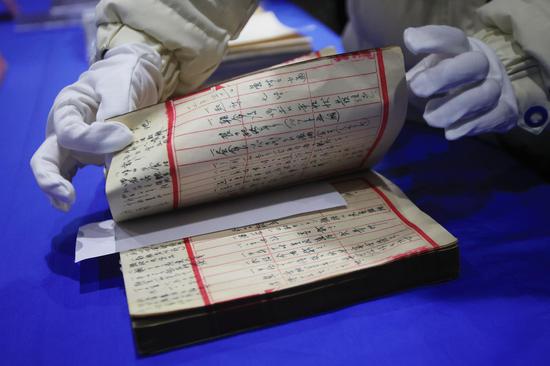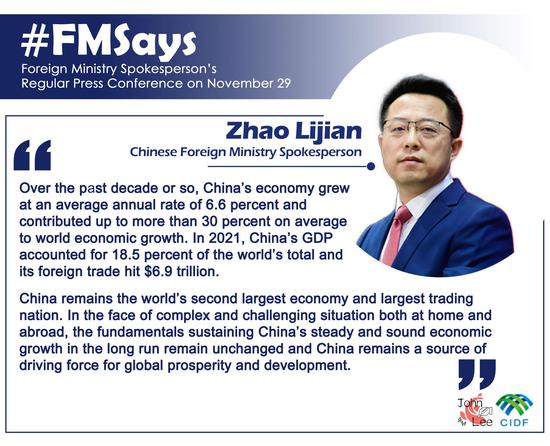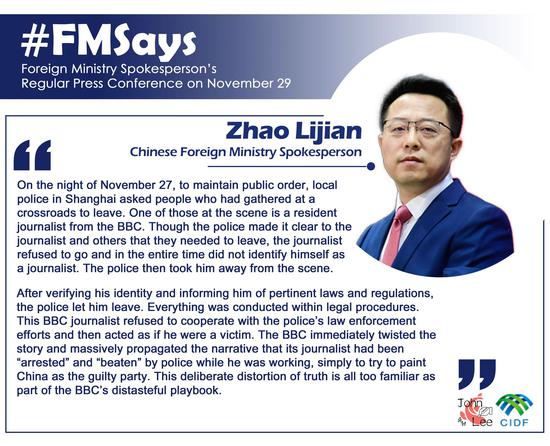
A consumer buys financial products in the lobby of a bank in Shanghai. (Photo/China Daily)
Investment in bonds is usually considered more conservative and stable, but that belief was somehow shaken among many Chinese individual investors during the week from Nov 14 to 18.
An uncommon slide had been witnessed. The CSI Aggregate Bond Index, which tracks the bonds traded on the Shanghai and Shenzhen bourses, shed 0.58 percent from Nov 14 to 18 — the biggest weekly contraction in two years.
As a result, over 90 percent of the 2,135 bond-based fund products saw their net asset value decline during the past month as of Nov 18, with the average decline coming at 0.63 percent. Up to 788 such funds recorded the biggest monthly NAV contraction since their establishment. As many as 372 of them saw their NAV down by more than 1 percent over the past month as of Nov 18, according to market tracker Wind Info.
The performance of wealth management products issued by commercial banks was just as disappointing. Among the 14,217 products with renewed NAV data during the week from Nov 14 to 18, about 67 percent saw their prices decline, Wind Info said.
Ming Ming, chief economist at CITIC Securities, explained that the drastic fluctuation in wealth management products is mainly due to volatility in the bond market, as these products allocate the majority of their investment to bonds. The gains in equity investment within the portfolio could not offset the losses of bonds over the monitoring period, he said.
The slump of bond prices is the very reason causing market fluctuations. It is mainly due to the upswing in bond yields, which is negatively correlated to bond prices, as explained by experts from Bosera Funds. On Nov 18, the 10-year government bond yield reached 2.85 percent, up from 2.73 percent on Nov 11.
As explained by Ming at CITIC Securities, the Chinese bond market, which had been bullish during the past few months, has already surpassed market expectations of an economic slowdown. But market expectations have been improving with the recently introduced favorable government policies. Market risk appetite has picked up, which indicates investors' rising interest in more aggressive targets such as stocks.
Li Xifeng, a researcher from ratings agency Pengyuan International, said that recent fluctuations in the bond market are mainly due to investors' changing sentiment and economic outlook. The volatility is expected to subside in the short run.
"The 10-year government bond yield may continue to go up amid fluctuations due to the marginally contracting liquidity and pressure on a strong economic rebound. The increasing fiscal expenditure when the fourth quarter wraps up and the less-than-stellar economic figures in November will make investors bullish on bond investment again very soon," Li said.
As understood by Liao Zhiming, chief analyst for the banking industry at China Merchants Securities, a silver lining has been seen amid the recent redemption pressure in the wealth management market.
"The bond market has been sliding faster than it should be. It should be noted that gains churned out by wealth management products will be higher in the future when bond coupon rates are expected to rise. The recent slide has just provided a window of investment," he said.
But Wang Xianbiao, a portfolio manager from Nuode Asset Management, said that the bond market will show continued ups and downs amid the market's economic outlook and the actual economic growth. The volatility may be more significant.
Against that backdrop, the liquidity of investment portfolios is of greater importance and investors can look for opportunities from undervalued bond products, he said.
Fixed income experts from China Merchants Fund reassured that the bond market is still relatively more stable if compared to other categories, showing smaller volatility in general. It is less likely for bonds to show a dramatic daily plunge. Investors are advised to hold bonds for a longer term for better profits, they said.


















































 京公网安备 11010202009201号
京公网安备 11010202009201号